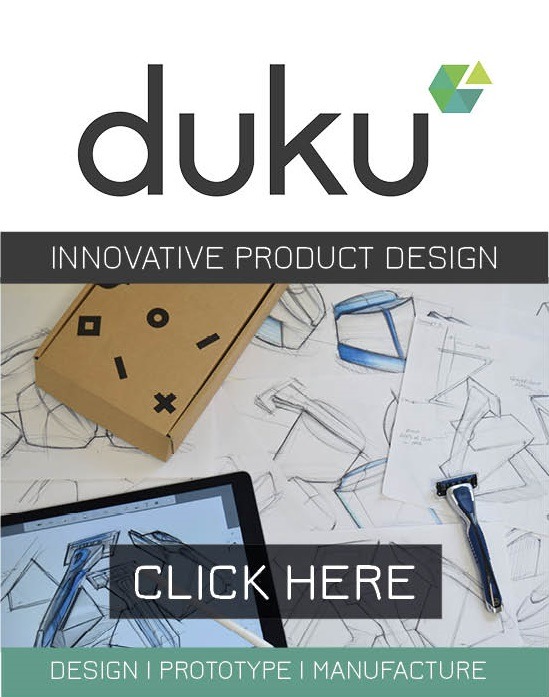
The future of the hackney carriage, black cab or London taxi, hangs in the balance as a dispute surrounding whether the shape of the traditional London black cab is a valid registered Trade Mark.
In November 2017, the Court of Appeal upheld the January 2016 decision of Mr Justice Arnold in the High Court, who decided that the shape of the London Black Cab does not have enough ‘distinctive character’ to be considered as a ‘valid registered Trade Mark’, and consequently a claim of Passing off was rejected. The decision has given rise to controversy, and the stage appears set for the case to proceed to the Supreme Court.
Undoubtedly, a lot is at stake for the London Taxi Corporation Ltd, now renamed the London Electric Vehicle Company Ltd (LEVC). The Court of Appeal judgement means that new-style Black Cabs made by other manufactures could soon flood the streets of London.
The Dispute:
The legal proceedings arose because of LEVC attempt to prevent rival manufacturers, Frazer-Nash Research Ltd and Ecotive Ltd, from producing a new style of London taxi which LEVC claims to be based upon, and infringing their Intellectual Property Rights over the iconic London Cab shape.
LEVC is the owner of a number of UK and EU Trade Mark Registrations, which depict the shapes of the FX4 and TX1/TX11 Taxi Models, LEVC is also the proprietor of a registered design for the TX1 model. Ecotive has published its plans to launch a hybrid electric taxi which Sir Charles Masefield, the chairman Metrocab (a joint venture between Frazer Nash and Ecotive), said was “Instantly recognisable as an iconic London Hackney Cab
[perfectpullquote align=”full” bordertop=”false” cite=”Metrocab had deliberately created a taxi cab which strongly resembled its own pre-existing vehicles and infringed its intellectual property rights.” link=”” color=”#ff6600″ class=”” size=””][/perfectpullquote]
In response LEVC, sought an injunction from the high court to prevent the launch of Metrocab’s hybrid electric taxi, stating that Metrocab had deliberately created a taxi cab which strongly resembled its own pre-existing vehicles and infringed its intellectual property rights.
Both the High Court and the Court of Appeal reasoned that the shape of the London Taxi Cab had neither enough inherent or acquired distinctive character to allow them to function as Trade Marks.
Inherent distinctiveness:
LEVC asserted that the shape depicted in their London Black Cab Trade Marks is inherently distinctive, they suggested that the specific shape of their Black Cabs departed significantly from the general norms of the car industry.
Whilst, the presiding judges acknowledged that significant departures in the shape of a product from what is normal or necessary could convey enough inherent distinctiveness to allow a shape to function as a Trade Mark, they observed that the design features which LEVC cited such as the wind screen, bonnet and grille, did not differ substantially from the normal deviation which can be observed in the car industry.
The overall impact of the Court of Appeal’s dismissal of the arguments relating to the physical styling features of a London taxi, has set the bar very high in respect of how radical a design must be to be considered inherently distinctive as a Trade Mark.
Acquired distinctiveness:
The Court moved on to consider whether distinctive character had been acquired through use. After consideration, the Court stated that it is not sufficient for the Trade Mark holder to show that a significant proportion of the relevant class of persons recognize and associate the Mark with the Trade Mark owner’s goods. He must show that they perceive that the goods designated by the Mark belong to the Trade Mark holder’s undertaking and no other.
Whilst the Court acknowledged that when confronted with the shape of a Black Cab, the consumer would perceive a strong association with London, and make assumptions as to the reliability of the driver; ultimately, they would not infer a link between the Trade Mark owner and the product (the Black Cab), and as such the argument for acquired distinctiveness was not proven.
Conclusion
This case demonstrates the current pitfalls of registering, enforcing and maintaining Trade Mark registrations in relation to shapes. LEVC are likely to be very adversely affected by the decision, and the door is wide open for their rivals to enter the market with competing products (vehicles). An Appeal to the Supreme Court seems to be on the cards, and there are many interested parties watching from the wings.
Here at Albright IP we are carefully keeping an eye on what happens next. An Appeal may lead to the possibility of a shift in the law regarding ‘shape’ Trade Marks, and may also address the fate of the nation’s most beloved form of transport.


